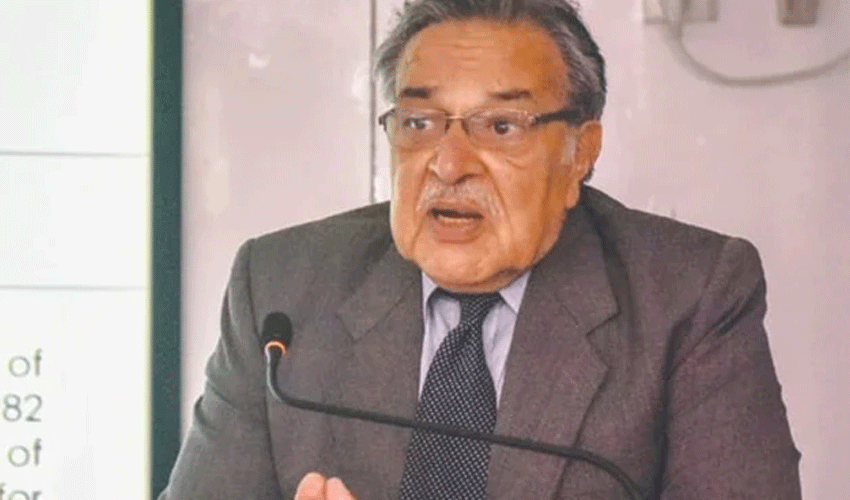By appointing 34-year-old Gabriel Attal as prime minister, President Emmanuel Macron is making a strategic move to leverage the youth and dynamism of France's most popular politician, according to recent polls.
Macron aims to infuse energy into his somewhat lackluster second term and shape a political landscape beyond 2027, when he is set to step aside.
Attal's appointment as the youngest prime minister in French history signifies a departure from Macron's previous choices of more technocratic figures. Attal's rise is seen as a potential boost for Macron, who has faced challenges maintaining political momentum.
Political analysts suggest that Macron hopes Attal's appeal will rejuvenate his leadership, creating an "Attalmania" that could overshadow his own legacy. Attal, previously serving as government spokesman, budget minister, and education minister, has experienced a rapid ascent.
This move, deviating from Macron's usual independent image, signals a need for assistance and collaboration. Attal, known for his combative style and sartorial taste similar to Macron's, embodies authority and firmness—qualities perceived as crucial for addressing the challenges of a divided nation.
The appointment is also seen as a response to the rising influence of the far-right National Rally (RN) in French politics, particularly ahead of the June European elections. Attal is expected to play a key role in countering Jordan Bardella, the young leader of RN.
Observers note that Attal's appointment has opened a race to succeed Macron, with potential presidential candidates such as Interior Minister Gerald Darmanin and Finance Minister Bruno Le Maire appearing less prominent in comparison.
Despite potential obstacles, Macron's aides defend the move, emphasising the responsibility to train and promote the "Macron generation." However, the long-term impact remains uncertain, with some suggesting that a stint as prime minister could either boost or thwart presidential ambitions. As history indicates, the path from Matignon (the prime minister's residence) to the Elysee Palace is not a direct one, and political dynamics can change significantly over a three-year period.



























